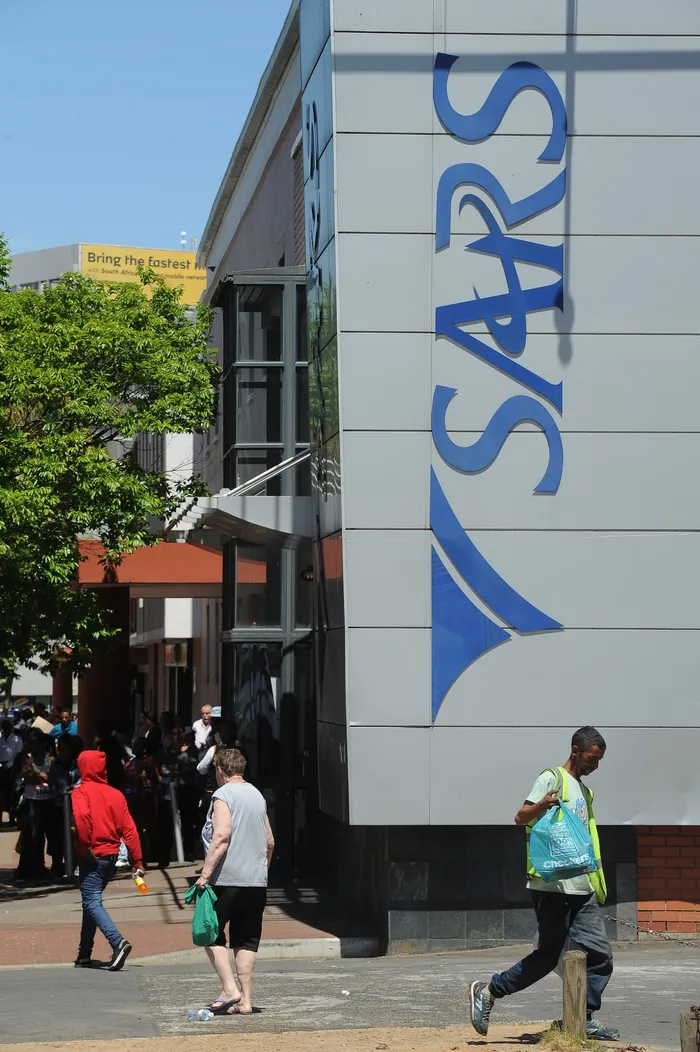Nehawu disappointed by Gauteng High Court's ruling on SARS salary increase

SA Revenue Service employees scored a major victory earlier this month after the Gauteng High Court, Pretoria, ruled that the taxman must pay them their salary increases dating back to 2021.
Image: Henk Kruger / Independent Newspapers
Cosatu affiliate, the National Education, Health and Allied Workers’ Union (Nehawu), has expressed its disappointment with the Gauteng High Court, Pretoria, ruling dismissing its challenge to the SA Revenue Service’s (SARS’) failure to increase salaries.
According to the union, Judge Mncedisi Kumalo dismissed the tax revenue collection agency’s plans to implement a delayed 6.2% salary increase for its employees, which was rejected by the union.
Nehawu said SARS approached the Gauteng High Court, Pretoria, in a bid to make a settlement agreement with the Public Servants Association (PSA) an order of the court.
The union (Nehawu) stated that it has until November 26 to file its application for leave to appeal and will ensure full compliance with the court rules and timelines.
Nehawu said it was highly disappointed by the judgment.
“The judgment handed down by Judge Kumalo relates to our opposition to a settlement agreement of the 2019-22 wage agreement entered into between SARS and PSA to be made an order of court and for the order to be declared binding on our members,” the union stated.
It maintains that the union and SARS engaged in discussions to resolve the dispute relating to the judgment that arose from the non-implementation of the third year of the wage agreement.
However, discussions broke down in February last year, and SARS filed an application for leave to appeal that same month. In March 2024, SARS and the PSA entered into a settlement agreement.
“In the said judgment, the Gauteng High Court, Pretoria, had made the last leg of the wage agreement an order of court, and SARS was seeking leave to appeal the said judgment.
“The second application, which is also incidental to the leave to appeal, relates to the condonation application for the late filing of SARS’s leave to appeal.
“Lastly, it was the application by SARS to make a settlement agreement between them and another trade union, an order of the court,” the union explained its position.
Nehawu also indicated that the settlement agreement was a watered down version of the judgment.
“We state so because SARS only paid 3.9% in respect of the last leg of the wage agreement instead of the full 6.2% as a consequence 2.3% remained outstanding. Essentially, workers have received 2.3% less than what the signed wage agreement would have provided them,” the union explained.
loyiso.sidimba@inl.co.za